Physical Address
304 North Cardinal St.
Dorchester Center, MA 02124
Physical Address
304 North Cardinal St.
Dorchester Center, MA 02124

Let the cat's world be filled with love

Let the cat's world be filled with love
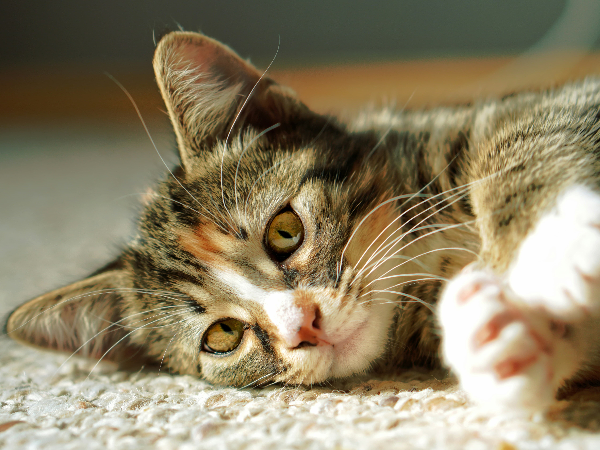
That aloof ball of fur sleeping on your keyboard? It might just be your home’s most sophisticated early warning system. While cats often play the indifferent roommate, they’re actually hardwired with survival instincts that can detect dangers long before humans notice anything wrong.
Here are 4 potentially life-saving behaviors your cat might display – ignore them at your peril!

The Sign:
Why It Matters:
Your cat’s paw pads can detect vibrations and sounds far beyond human perception (as low as 0.5 Hz compared to our 20-20,000 Hz range). They may sense:
What To Do:
✔ Pause your plans
✔ Check for gas/electrical hazards
✔ Never force your way past – they may be protecting you
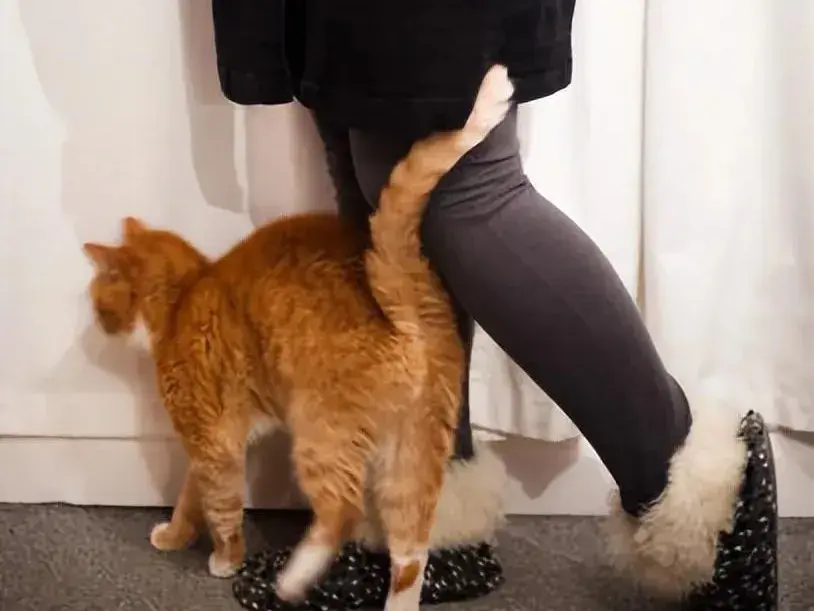
The Sign:
The Science:
Those magnificent whiskers detect air movements as subtle as 0.000005 mm, while their rotating ears function like biological sonar. If your cat suddenly becomes a spiky ball of fear during your evening walk, trust its instincts.
Action Plan:
↪ Immediately retreat to safety
🔍 Scan for threats (off-leash dogs, suspicious people)
🏠 Return home if behavior persists
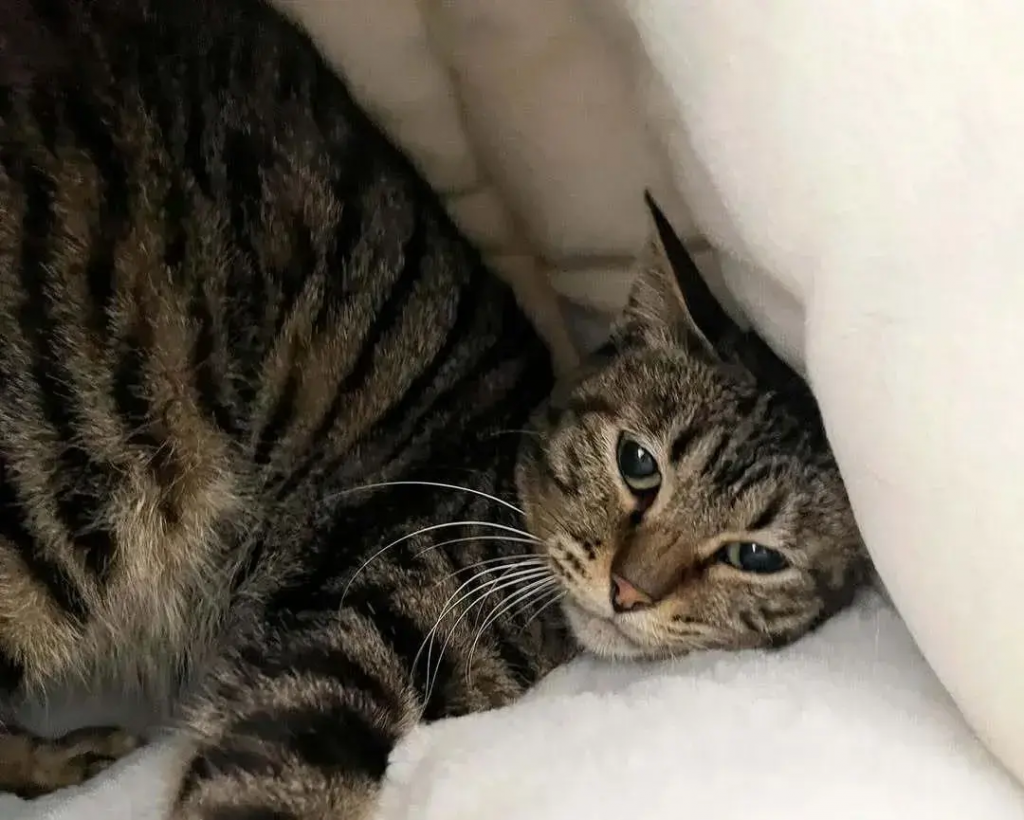
The Warning:
What’s Happening:
Before earthquakes, many cats display hyperactive behavior. Their sensitive paw pads detect subterranean vibrations long before humans feel anything. Your bathroom might be the safest structural area during a quake – hence the herding instinct.
Response Protocol:
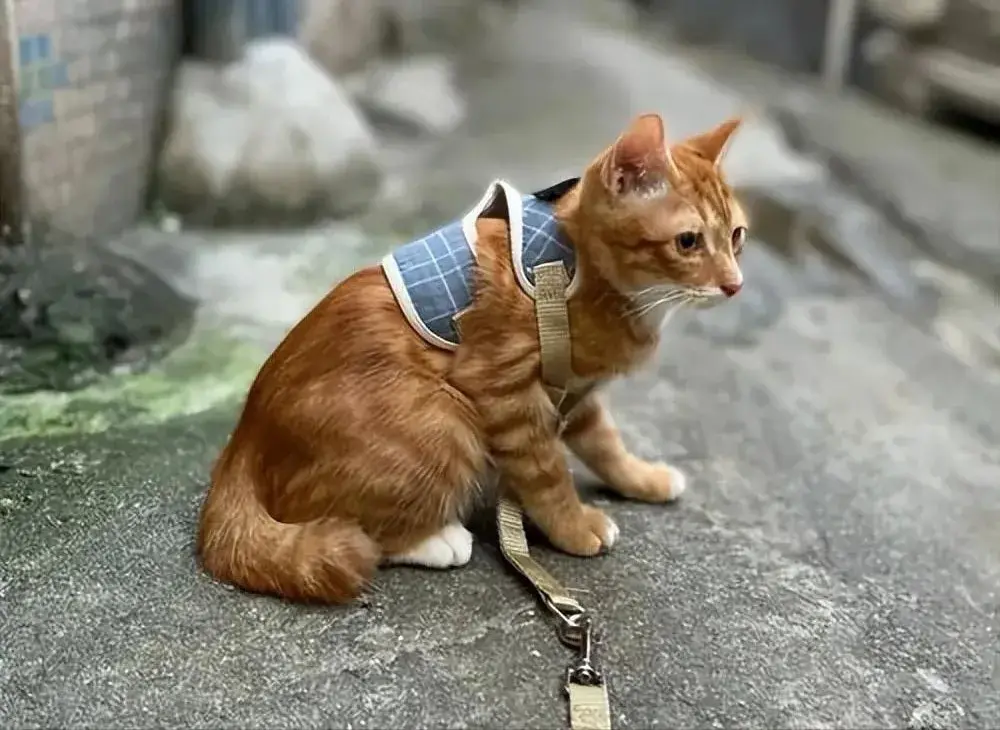
The Change:
Two Possible Meanings:
A) Medical Alert: Cats often detect:
B) Final Goodbye: Elderly cats may show “legacy behavior”:
What You Should Do:
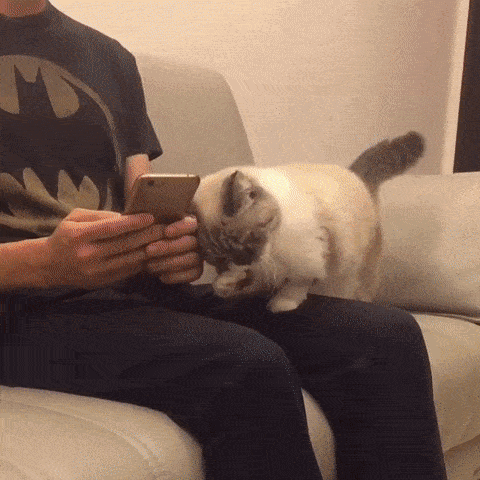
Feline superpowers include:

Share Your Story: Has your cat ever warned you about danger? Help others by sharing in the comments below! ⚠️🐾